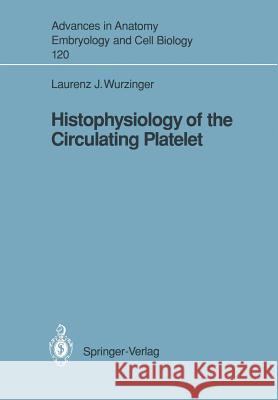Histophysiology of the Circulating Platelet » książka
Histophysiology of the Circulating Platelet
ISBN-13: 9783540522584 / Angielski / Miękka / 1990 / 96 str.
1. 1 Platelets in Hemostasis and Thrombosis: A Brief Overview For more than 100 years the dominant role of blood platelets in hemostasis and thrombosis has been well documented. Seven years before their identification as a distinct class of blood corpuscles by Bizzozero (1882), Zahn (1875), using intravital microscopic observations, described the growth of an arterial thrombus as the result of "continued apposition of colorless blood corpuscles along the direction of blood flow. " A hallmark still valid today was set by Eberth and Schimmel busch (1888), who clearly divided the formation of the hemostatic plug into the result of the "conglutination of preformed blood corpuscles," followed by the "plasmatic coagulation as the formation of fibrin from substances dissolved in blood," as two distinct processes taking place in the described order. In spite of technical shortcomings, by approaching the limits of the light microscopic techniques of their time, Eberth and Schimmel busch discovered a change in the morphology of the platelets, paralleled by a presumptive change in their functional state, which was a prerequisite for the formation of a platelet plug. Their meticulous description implicitly anticipated the modern terminology of the "smooth disk" as the resting form of the circulating platelet and the activated "spiny sphere" as a result of a change in shape following stimulation.











